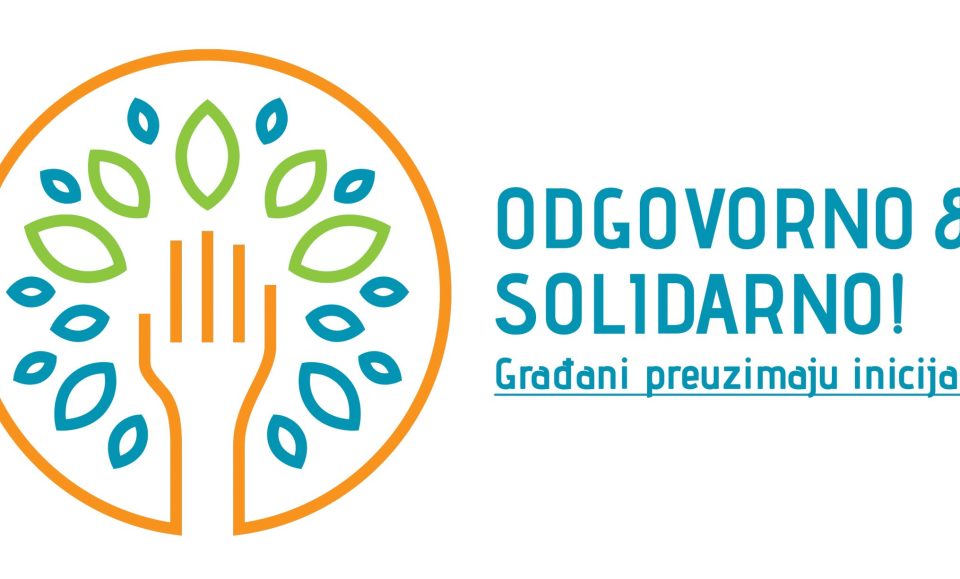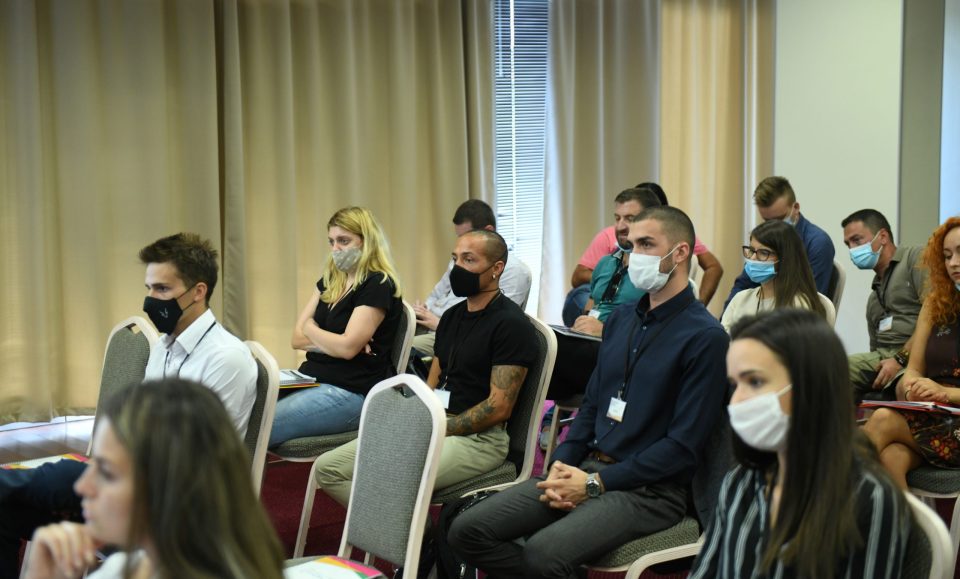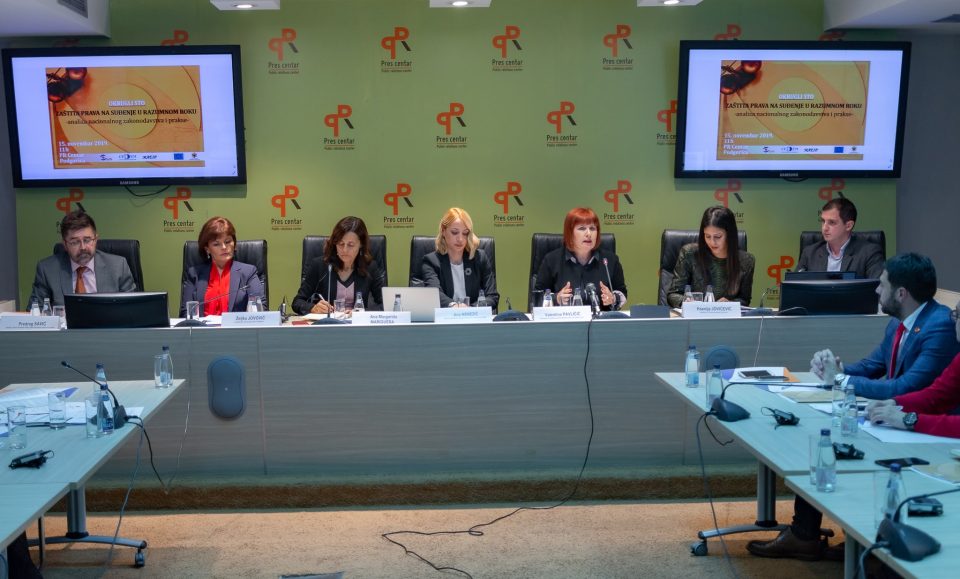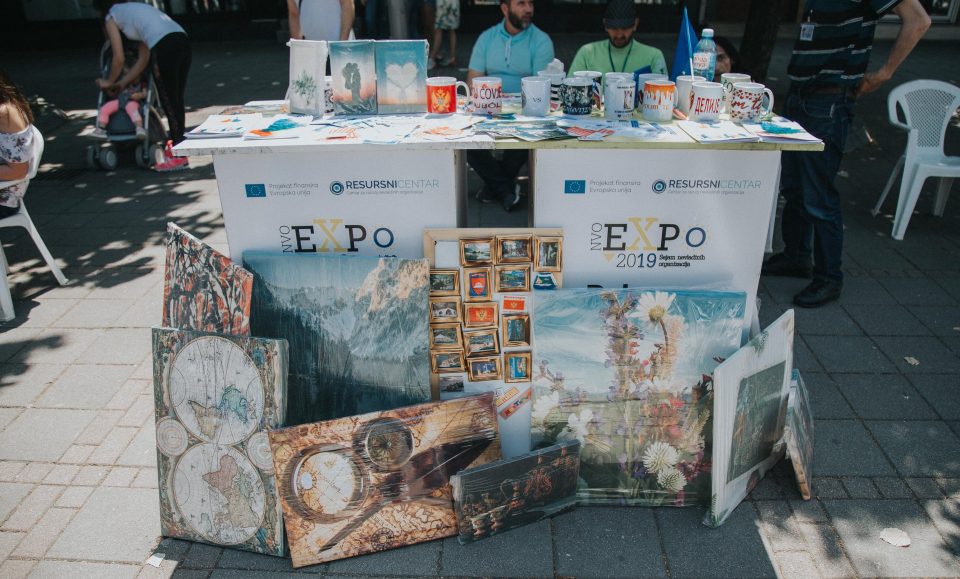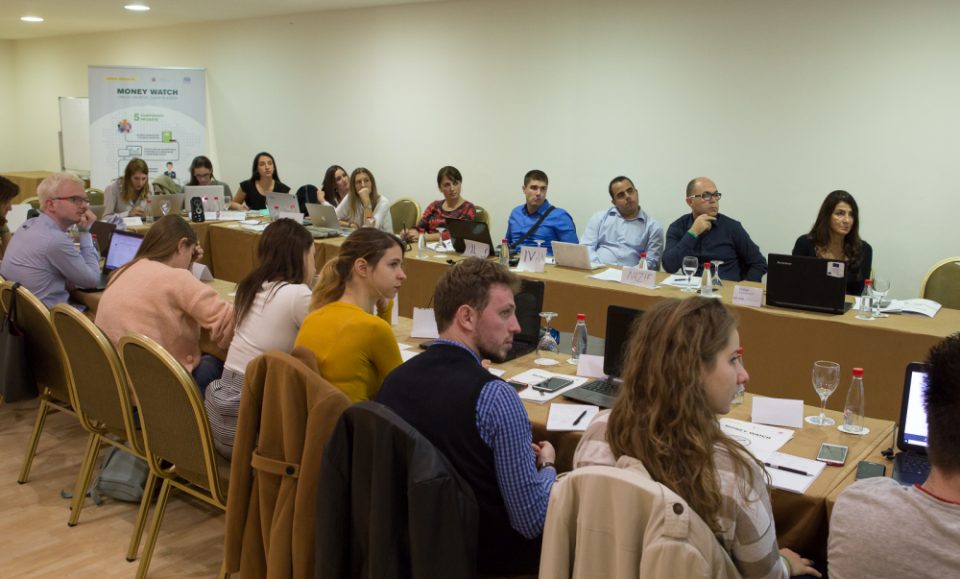Civil society organizations (CSOs) are drivers of change in every society. They have a very important role in promoting and protecting the rule of law, democracy and human rights.
Civil Society
There is no doubt that civil
society is a very powerful modern concepts. It is often called the “third
sector”. Wonder why? That is because civil society is seen as a driver of
change, which has the power to hold public and private sectors to account for
their commitments.
An empowered civil society is
crucial to strengthen participatory democracies in the European accession
process. Therefore, the European Union (EU) supports the development of a civil
society through the Civil
Society Facility (CSF). In the past 7 years, the EU allocated
around €13 million to Montenegro under the programme. It provided support to a
range of sectors: civil society development and local democracy; social
inclusion; good governance (including the Rule of law); media and freedom of
expression; and environment and rural development. Furthermore, over €0.5
million was invested for the establishment of the EU Resource Centre in
Montenegro.
The voice of civil society
needs to remain strong, even during the pandemic. Therefore, the EU will
continue to support the
development of civil society and the genuine inclusion of CSOs in the
policy-making process in Montenegro. The Civil Society Facility for Montenegro,
for the period 2021-23, is focusing on increasing capacities and effectiveness
of Montenegrin CSOs to monitor and participate in reform processes, and to
strengthen the overall capacities of less developed organisations and
grassroots movements. In order to achieve this, a grant-scheme mechanism was
set up to support these organisations.
The proramme aims at triggering local development by
promoting informal education, social innovation and job creation, with a
particular focus on the most vulnerable groups.
Previous
Next
Projects
ReLOaD2 is a regional initiative funded by the European Union and implemented by the United Nations Development Programme (UNDP) in the following six Western Balkans countries and territories: Albania, Bosnia and Herzegovina, Kosovo*, Montenegro, North Macedonia and Serbia.
Civil society organisations (CSOs) are key actors in voicing citizens’ attitudes and needs and encouraging active citizenship. They need both financial and non-financial support to continue to grow and make a contribution to building and fostering a democratic society.
In order to move forward on its path to the European Union, Montenegro needs to make further progress in the rule of law reform, including in the implementation of the judiciary reform.
Peer violence represents a global problem, which seriously impacts the health and education of young people. This project aimed to develop capacities of civil society organisations (CSOs) and the overall local community’s response to providing safeguarding mechanisms to students at primary and secondary schools in Montenegro.
Strong and empowered civil society organisations (CSOs) are key to brining more sustainable society. This project aims to support empowered CSOs to actively contribute to development of participatory democracy in Montenegro.
Regardless of their specific thematic scope and area of operation, civil society organisations (CSOs) have an overarching need to perform budgetary analysis and effective scrutiny of public spending, in order to better understand the state-of-the-art in their field of interest. This project aimed to contribute to the fight against corruption by more effective scrutiny of public spending. More precisely, its specific objective was to increase the level of effective participation of civil society in scrutiny of public spending.

